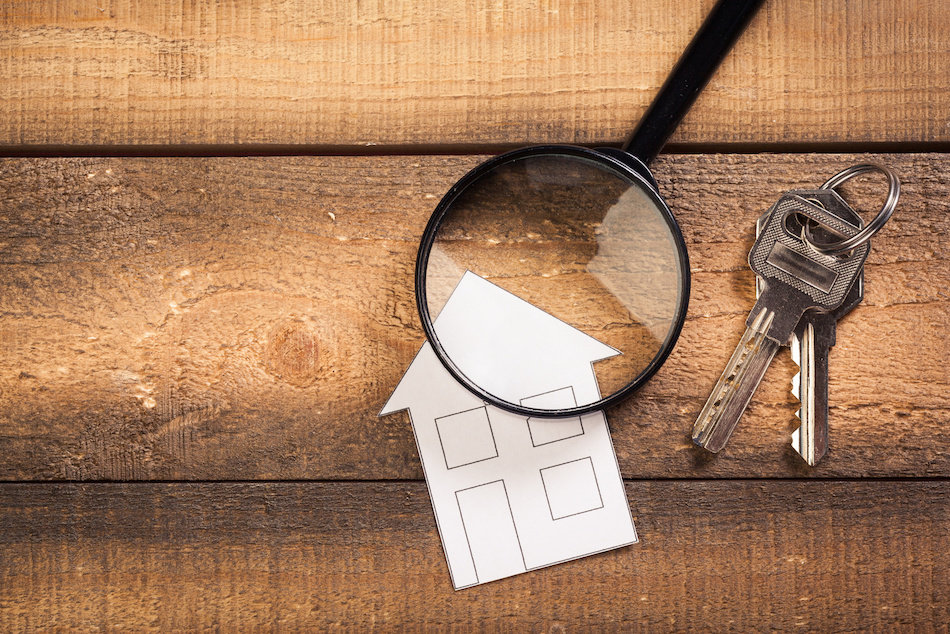Home Inspection 101: A Buyer's Guide to the Home Inspection
 After finding the perfect, some buyers may be tempted to skip having it inspected in order to save money, time, or both. However, this is a mistake that can cost buyers greatly down the road, so here's everything buyers need to know about home inspections and why they should never be skipped.
After finding the perfect, some buyers may be tempted to skip having it inspected in order to save money, time, or both. However, this is a mistake that can cost buyers greatly down the road, so here's everything buyers need to know about home inspections and why they should never be skipped.
What Is It and What Does It Do?
A home inspection is part of the home-buying process that takes place after an offer has been accepted on a Jupiter area home. The buyers are given a set amount of time to hire a home inspector who will come to the prospective home and check it to find any sort of flaws that could make living there unsafe. The home inspection is intended to protect buyers by alerting them to any hazards that they didn't notice previously.
What Does It Cost and Who Pays?
In most cases, the home buyer is the one who will pay for the inspection because the inspection is designed to protect the buyer. A general inspection will usually cost somewhere between $200 and $475, with the average being about $320. However, there can be added expenses such as Radon testing and mold detection that vary from inspector to inspector
Some amenities, such as pools, may not even be part of the inspection at all. Most home inspectors don't know what to look for in pools, so in these cases, it's important to hire a second inspector who does.
What are the Benefits?
Home buyers who choose to go through with an inspection are at far less of a risk to live in an unsafe house. A skilled inspector is able to identify problems like faulty electrical wiring that could potentially hurt the people living in the home. Hiring an inspector can also help buyers by alerting them to problems that the homeowner has to fix before the house can legally be sold, such as mold or missing smoke detectors. Each state has its own laws regarding what a homeowner must do before a house can be sold, and a home inspector will be able to identify what those actions are.
What Happens if I Skip It?
Home buyers who skip the home inspection put themselves at risk for a myriad of extra costs spent repairing things that a home inspector could have warned them about. For example, home inspectors can detect mold, roofing issues, mold growth, and more. While some repairs could cost just a few hundred dollars, others like foundation repairs could cost up to $10,000. Skipping a home inspection to save money could easily cost home buyers ten times in repairs what they would have paid for an inspector.
Who Pays For Repairs After the Inspection?
Who pays differs depending on each case. As stated before, laws differ from state to state, but many states require health hazards like mold and missing fire detectors fixed by the current homeowners. Buyers and sellers can also negotiate to pay for repairs together.
How Do I Hire an Inspector?
Home buyers who are working with a real estate agent will often be recommended a reputable inspector by their agent. Buyers who aren't working with an agent or who would rather find an inspector themselves can search for one on the American Society of Home Inspectors website, the National Association of Home Inspectors website, or in the local phonebook.
The home inspection is a necessary and essential part of every home sale. Spending a few hundred dollars on an inspection now can save home buyers from living in a potentially unsafe home and spending even more money later. For more information about home inspections and inspectors, consult a reputable agent or inspector.


